Reproductive BioMedicine
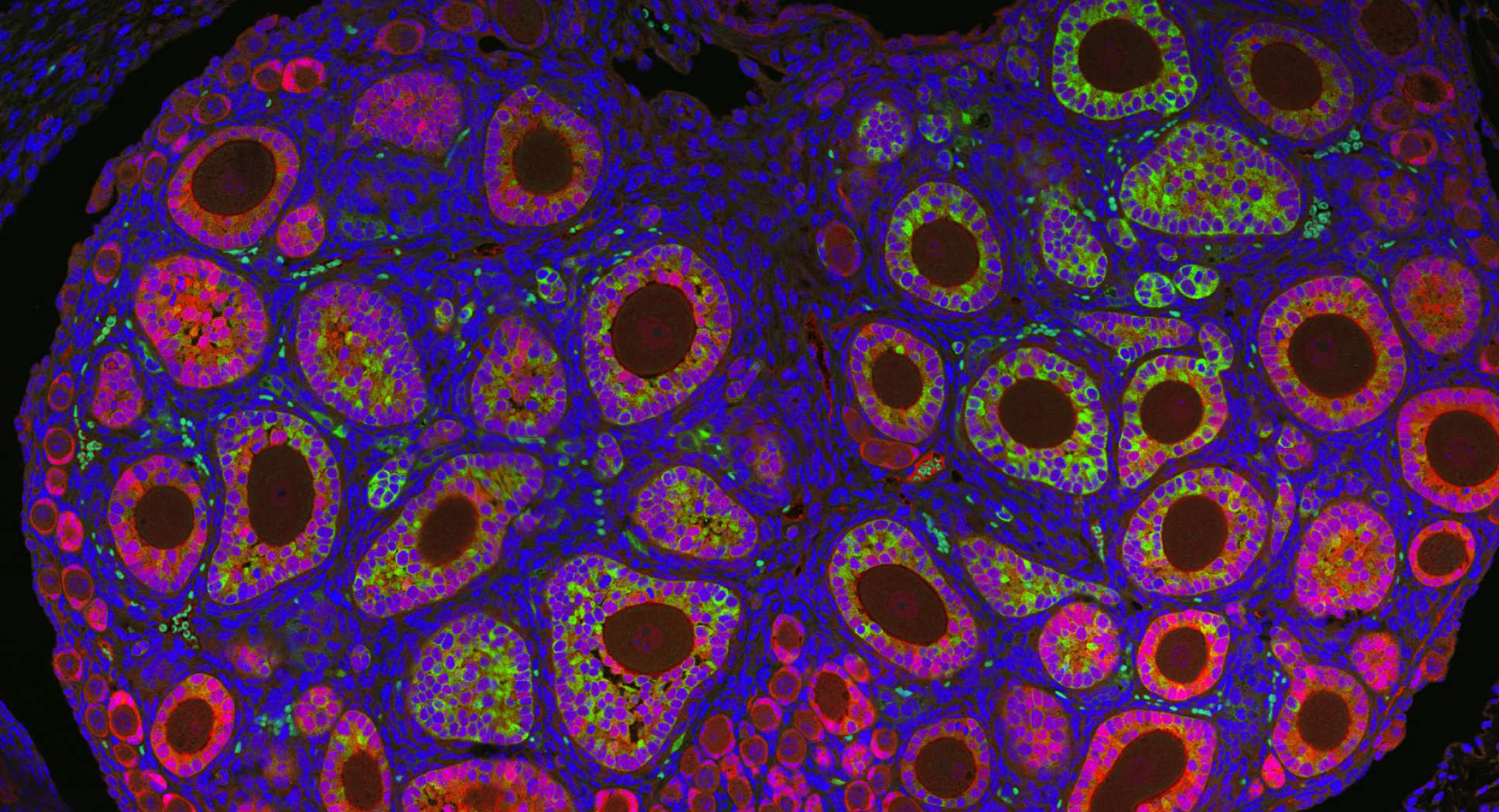
The environment and health of the developing gametes and embryos impact on the health of the future child and adult."
Professor Kate Hardy
Head of Section
The Section of Reproductive BioMedicine comprises a group of internationally recognised experts in stem cell biology, ovarian physiology and in basic and clinical reproductive endocrinology. The common goal is to enhance our knowledge of the conditions that provide the best chance of a healthy capacity for reproduction and the implications of that for long term health.
Our section works on three integrated and overlapping areas; the specification and development of gametes (eggs and sperm) and their supporting somatic cells, the impact of the hormonal environment on oocyte development, and the differentiation of cell lineages in the pre-implantation and early implanting embryo. A variety of models are used for these studies, including human and mouse embryonic stem cells, human and mouse ovarian tissue as well as discarded supporting cells following oocyte retrieval during IVF.
All the members of our section play key roles in the MSc Reproductive and Developmental Biology contributing lectures, workshops and training in a wide variety of scientific skills, as well as being involved in student assessment. Professor Kate Hardy, Dr Véronique Azuara and Dr Andy Childs are Module Leads and Professor Stephen Franks is Chair of the Examiners. In addition, our section contributes to the intercalated BSc in Reproductive and Developmental Sciences, with Dr Véronique Azuara and Dr Aylin Hanyaloglu being Module Leads.
Head of Section of Reproductive Medicine
Key research areas, studies and trials
- Ovarian Physiology and Dysfunction
- Conception and Reproductive Health
- Receptor Signalling
- Stem Cells
- Cellular Imaging
Degree Programme
Trials
-
Clinical Trial DAISy-PCOS Phenome Study (funded by Wellcome Trust): a large scale UK, systems-based study of the impact of androgen excess on metabolic phenotype of PCOS involving centres at Birmingham, Imperial, Edinburgh, Barts & London Trust, Leeds, Cambridge, Cardiff and Warwick. Lead investigator Prof Wiebke Arlt (Birmingham). Imperial College RDB Lead Professor Stephen Franks
- Clinical Trial Impact of Bariatric Surgery on Polycystic Ovary Syndrome (funded by Moulton Charity): Lead investigator Dr Alex Miras
--tojpeg_1583937420591_x4.jpg)
Section leadership
Head of Reproductive BioMedicine
Professor Kate Hardy’s current research focuses on ovarian physiology, specifically the regulation of early preantral follicle development. Professor Hardy leads an active research programme, coordinating a number of ongoing research projects in addition to supervising PhD students, as well as BSc and MSc lab-based projects.
Research group leads
--tojpeg_1584005299350_x4.jpg)
Professor Kate Hardy
Professor Kate Hardy’s group focuses on ovarian physiology. The ovary is populated with follicles, each of which consists of an egg enveloped by one or more layers of somatic granulosa cells. Our research focuses on the signalling dialogue between the egg and the granulosa cells and examines how growth-arrested quiescent follicles (which the female is born with and which serves as the lifetime’s supply of oocytes) activate growth. Further studies are investigating how subsequent follicle growth is regulated by hormones, locally produced steroids and growth factors, and the non-cellular components of the ovary; the collagen/elastin/fibronectin- rich extra cellular matrix.
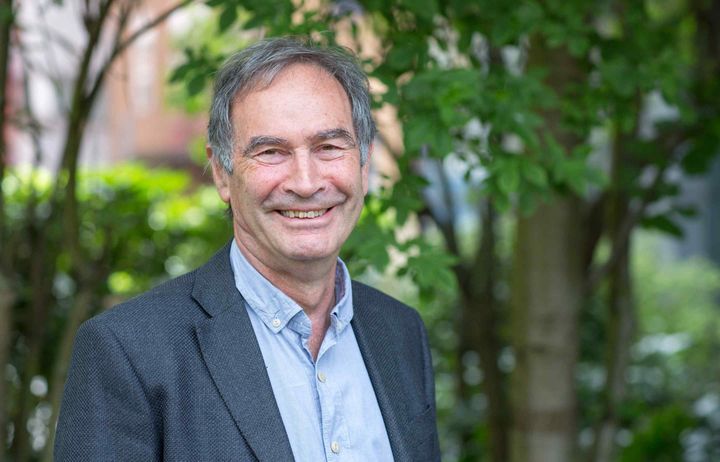
Professor Stephen Franks
Professor Stephen Franks is an endocrinologist with a special interest in disorders of ovarian function. His major research focus is on the very common endocrine disorder of polycystic ovary syndrome (PCOS) which is not only an important cause of infertility but also has an impact on long term health, including increased risk of type 2 diabetes, hypertension, anxiety and depression. His research on PCOS embraces study of aberrant ovarian function (with Kate Hardy), understanding the genetic basis of the syndrome (he is a founder member of the Steering Group of the international consortium for research in genetics of PCOS) and epidemiological studies of the North Finland Birth Cohort in collaboration with Marjo-Riitta Jarvelin and the University of Oulu. He is also a long-term advisor for Verity, the national, PCOS patient support group.
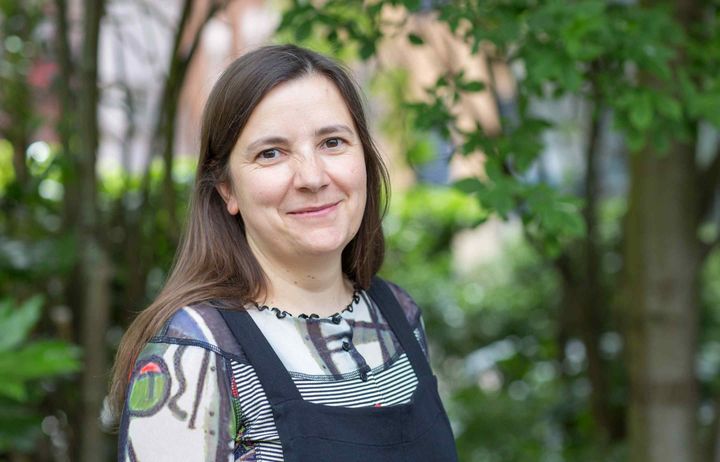
Dr Véronique Azuara
Dr Véronique Azuara’s group focuses on studying how cell potency and differentiation are critically balanced in stem cells and in the developing embryo. In the context of the early mammalian embryo this implies unravelling how cell heterogeneity arises, and how pluripotency is achieved and safeguarded while promoting the formation of extra-embryonic tissues. The group studies the epigenetic, transcriptional, cellular and metabolic mechanisms that underlie pluripotency and lineage choice. Combining in vivo studies with innovative 3D stem cell models, they investigate the principles and factors that maintain and fine-tune the pluripotent state towards differentiation, and how these modulations essentially link to metabolic switches in the peri-implantation embryos. Decoding these fundamental processes will help advancing our understanding and treatment of infertility and developmental disorders.
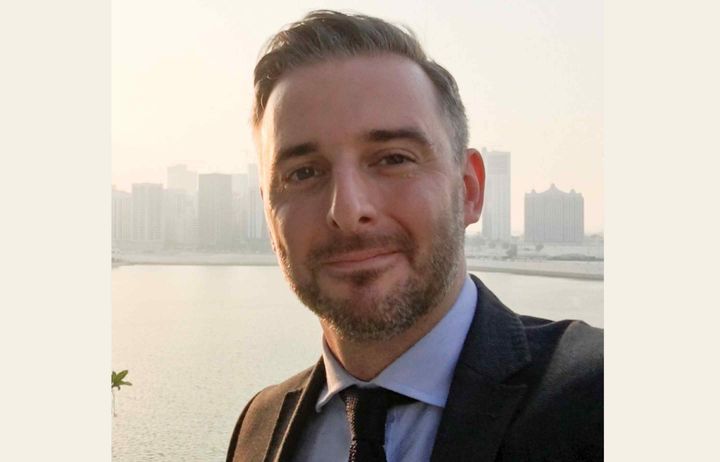
Dr Andrew Childs
Dr Andrew Childs’ group investigates the mechanisms that control the development of the gonads (ovary and testis) and the germ cells (fetal precursors of the gametes; eggs and sperm) during fetal life, and how disruption of these processes may impair fertility in later life. He is particularly interested in how oocytes and granulosa cells communicate in the fetal ovary to ensure the formation of an appropriate number of follicles, and how germ cells respond to signals from the surrounding gonad that control their development into mature gametes.
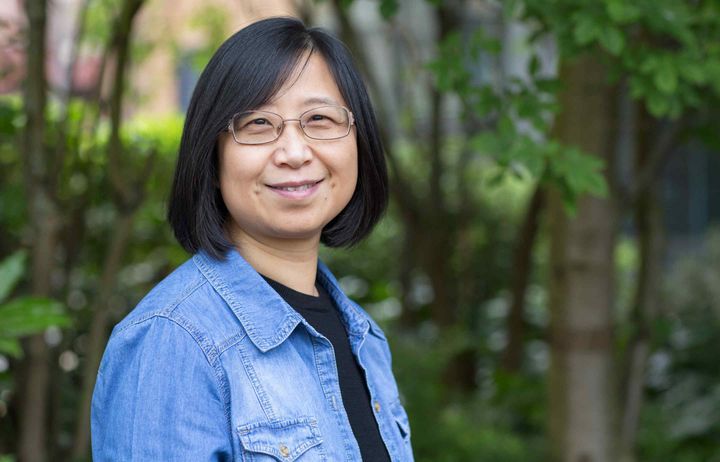
Dr Wei Cui
Dr Wei Cui’s research group mainly focuses on utilising human pluripotent stem cells as a cell model to explore the molecular mechanisms that control the early human embryonic cell fates. They are also interested in applying this knowledge for the understanding of signalling network, early human embryonic development and disorders.
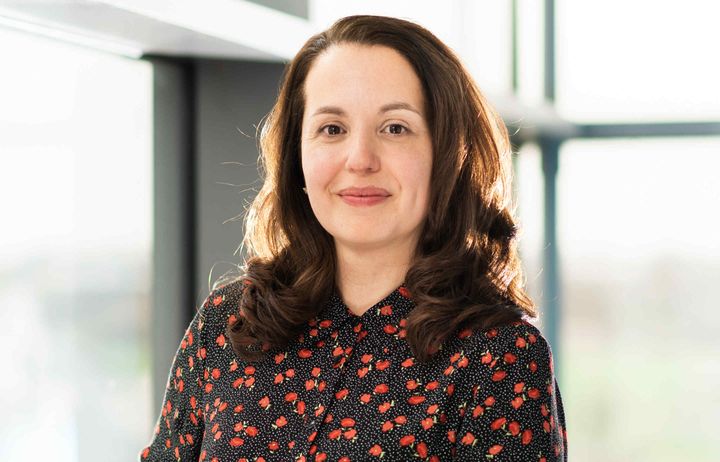
Professor Aylin Hanyaloglu
ProfessorAylin Hanyaloglu’s research focuses on the molecular properties and fundamental cell biological mechanisms that control G protein-coupled receptor activity in distinct physiological and pathophysiological systems. Current research projects include; the role of membrane trafficking in gonadotrophin hormone action in the ovary, prostaglandin receptor action in human pregnancy and labour and how short chain fatty receptors regulate appetite. Furthermore, her group has identified key information to understand the molecular regulation and functional significance of GPCR dimerization/oligomerization, including development of super-resolution imaging modalities (PD-PALM) to visualise GPCRs at the single molecule level.
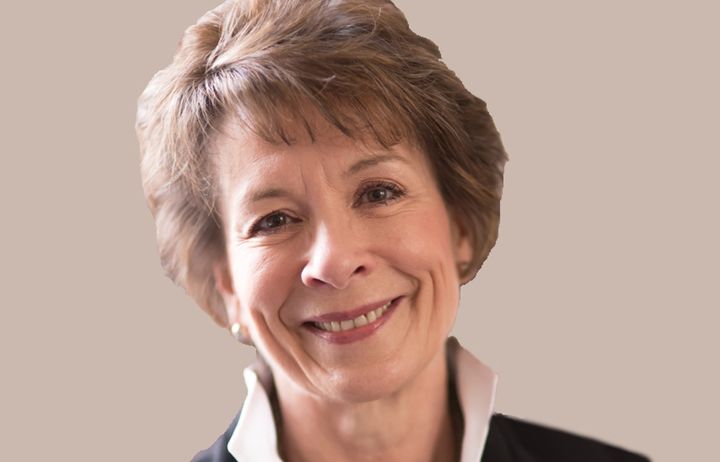
Professor Lesley Regan
Professor Regan's main clinical and research interests are in recurrent miscarriage and the development of non-invasive fertility-sparing therapies for uterine fibroids. She is co-director of the UK Pregnancy Baby BioBank, a unique resource for investigating the four main complications of pregnancy. At present Professor Regan is actively engaged in developing healthcare policy that encourages, educates and empowers women to look after and promote their own health.


